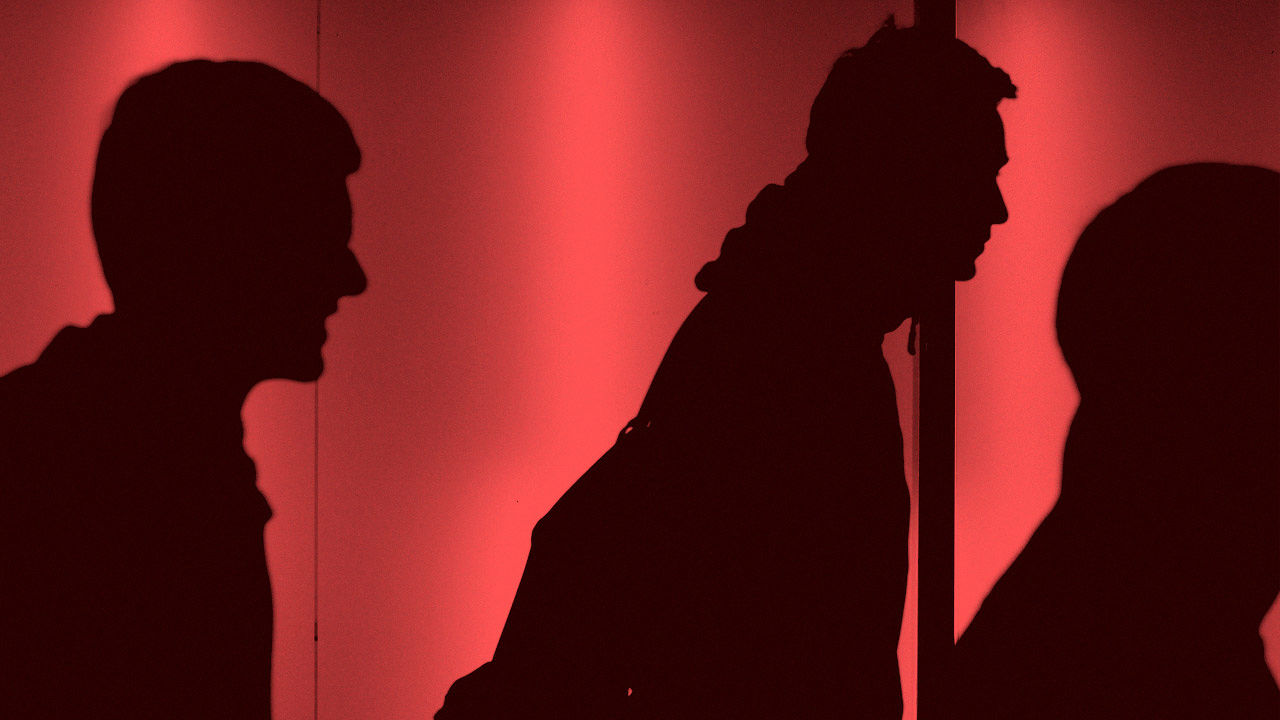How I’ve Learned To Lead As An Introverted CEO
Most people who know me would be surprised to learn I’m an introvert, and if you’re an introvert also, chances are some people would be surprised to learn it, too.
It’s well known that introverts have their own strengths in the business world, including as leaders, but it’s been recognized as well that success requires adapting—compelling many of us to be more social and outgoing than we’d sometimes like.
As the CEO and face of my company, I spend plenty of time giving speeches and attending networking events. And while I know those things are important to the business, they’re sometimes pretty draining. My closest associates know that I don’t even like telling people when it’s my birthday.
Still, and despite a few growing pains, I’ve managed to develop a leadership style that works for my personality as well as my company. Here’s how.
Introverts’ Hidden Leadership Edge
People commonly believe extroverts make the best business leaders, with assertive CEOs like Jack Welch and Larry Ellison being the stereotypical models. And in many ways, extroverts make fantastic executives: They’re action-oriented and project optimism and confidence. They’re eager to talk with employees, shareholders, and media. They form friendships quickly and readily inspire trust.
Yet research suggests that some 40% of top-level executives are introverts, and other experts are quick to point out that the “introvert-extrovert” conversation is itself a simplification in terms, with “ambiverts” falling in the middle of what’s really a personality spectrum. The point is that it takes more than an outgoing temperament to motivate people and push a business forward. A
Harvard Business School study finds that introverted managers excel at leading the most proactive of employees, and out there in the real world, the accomplishments of introverts like Bill Gates, Warren Buffet, and Jeff Bezos speak for themselves.
One main reason is pretty obvious: Listening comes more easily when you spend less time talking. It isn’t just about hearing someone’s words, either—a good listener pays attention to the deeper message that’s not being said and develops empathy for the person speaking.
This can pay real dividends inside businesses, even if they’re harder to see from the outside. At Apple, Tim Cook was once the quiet, behind-the-scenes vice president who left the limelight to Steve Jobs. An introvert by nature, Cook was an adept listener who knew how to read his famously hard-headed boss—and when to disagree. While it’s tough to prove with hard evidence, this intangible dynamic between Cook and Jobs, if you ask me, built the kind of trust that allowed Apple to move so decisively during the wildly innovative period when the iPod, iPhone, and iPad were all unveiled.
Introverts’ Outward Gifts
Empathy extends outside the company, too. My business wouldn’t exist without it. I was a home builder in 1999, and on one project my clients had become frustrated with the delays. They were stuck living in a hotel because our supplier couldn’t get their floors in on time. I felt their desperation and decided to create a website where customers could order building supplies as easily as they could buy books or their favorite CDs.
That idea alone hardly saved my business—it took a lot of hard work and an entire team to execute—but it didn’t necessarily come about through intensive market research. Introverted CEOs often spend at least as much time examining their own thoughts as they do leading their companies according to business fundamentals. And that can lead to more willingness to explore unconventional fixes.
I’m generally slow to speak or act. Some might call this a liability, but I think it’s helped me see solutions others might miss. During the housing market crash in 2008, for example, my company went from a $50 million run rate to $20 million overnight. No outside investor would brave the historic financial storm to rescue us. The conventional solution would’ve been to downsize, seek a buyout, or just close shop. But I looked inward and discovered our own rescue plan hidden in the unique way we collected data. We pivoted, realizing that data—not product like flooring and faucets—would take us forward.
There’s Strength In Seeing Your Weak Spots
At Facebook, famously introverted founder Mark Zuckerberg prefers to focus on the analytical side of the website and platform, leaving his more outgoing COO Sheryl Sandberg to build the business and cultivate connections with advertisers. This relationship has been critical to the network’s growth and, arguably, to Facebook’s improved popular perception in recent years.
What’s important here is that Zuckerberg was able to recognize his strengths as an introvert as well as his weaknesses. And rather than trying to “fake” the essential public-facing parts of his leadership role, he found someone eminently capable to fill in the gaps. I think this kind of honest reckoning is important for introvert CEOs. We’re not going to be good at everything, so it’s key that we find trusted colleagues who can complement our shortcomings.
I have exactly this kind of relationship with my cofounder, Rob Banks. Rob is a natural storyteller, and he’s always jetting off to build relationships with suppliers around the world. Meanwhile, I spend a lot of time thinking about the people and culture within our company, as well as analyzing the numbers. This dynamic allows me to lean into my strengths as an introvert, rather than always having to play the role of pseudo-extrovert.
I don’t believe that either introverts or extroverts necessarily make better leaders. I think every leader should be able to move between these poles, even if one happens to be more comfortable. There are times when I do need to give speeches or talk to reporters; I don’t always love it, but I’ve learned how to be good at it because it’s part of the job.
Perhaps the best lesson I’ve learned as an introverted CEO is that it’s possible to thrive by leaning on those qualities and treating them as strengths, rather than looking at them simply as barriers to be overcome.
Jeff Booth is cofounder, president and CEO of BuildDirect. Follow him on Twitter at @JeffBooth.
Fast Company , Read Full Story
(13)



